Product Description
Brilliant Sanity sets the ambitious goal of joining Buddhist teaching and meditation practice to the practice of psychotherapy and it achieves that goal. Not only are the historical contexts of both Buddhist and psychotherapeutic traditions presented, but they are linked to such disparate areas as love and joy, large groups, therapist countertransference, social justice efforts, and even motherhood among other areas. The clinical examples portrayed in this volume gently illustrate the value of the meditative practice of relaxing into uncertainty with acceptance and non-judgment. Moreover, as one author observes, Buddhism and psychoanalysis are inevitably paths to disappointment though this is not a problem to be solved but to be understood and embraced. Brilliant Sanity offers that understanding and is a path to enrichment.
Joseph Shay, PhD, co-author of Psychodynamic Group Psychotherapy and co-editor of Odysseys in Psychotherapy
and Complex Dilemmas in Group Therapy
Lecturer on Psychiatry, Dept. of Psychiatry, Part-time, Harvard Medical School
Notions of brilliant sanity speak to the wisdom of a mind at peace, able to bear witness to its own insights with the clarity of a still pond. That is the promise of Eastern wisdom traditions, that we all have the power to transcend our ordinary, rather discursive minds, in favor of our true Buddha nature, intelligent, brilliant, and innately sane.
With enlivened descriptions and surveying timely research scholarship, Brilliant Sanity: Buddhist Approaches to Psychotherapy and Counseling, Revised and Expanded Edition, highlights the various meditative paths toward one’s own realization—the “where” and “how” magic becomes possible when living a life with mindful awareness. The book’s carefully culled selections from contemporary thought-leaders address a global community in psychological and cultural conflict and flux, reaching through its own confusion for confluence and social justice. In these trying times that can push us to the emotional or spiritual brink, seeking that inner wellspring of sanity as medicine is a smart idea. Psychologists, social workers, counselors, and others in the caring professions, as well as anyone interested in contemplative solutions to modern-day challenges, will find answers, solace, and renewed self-confidence in the stories told and understanding shared in Brilliant Sanity.
Donna Rockwell, PsyD
Clinical Psychologist in private practice, and Mindfulness Meditation teacher, Saybrook University
Brilliant Sanity enriches our ability to grow interconnectedness and compassion in a therapeutic frame. From a place of deep wisdom, the authors have curated diverse perspectives for students of philosophical Buddhism and psychotherapy.
Siddharth Ashvin Shah, MD, MPH, CEO Greenleaf Integrative
With heart, scholarship, and practicality, Brilliant Sanity wonderfully tells the current story of the century-long dialogue between Buddhism and Western psychotherapy. The collection provides both breadth and depth. Each unique chapter is informative, thought-provoking and deeply grounded in personal and real-world application.
Sara Lewis, PhD, LCSW, author Spacious Minds: Trauma and Resilience in Tibetan Buddhism,
Chair, Contemplative Psychotherapy and Buddhist Psychology program, Naropa University
Contemplative psychotherapy informed by Buddhism reveals that ordinary magic that can happen when we embrace the inherent goodness and wholeness of every being. These psychotherapists—all deep practitioners—have found a profound means of healing for themselves and their clients.
Acharya Judith Simmer-Brown, PhD, Naropa University, and
author of Dakini’s Warm Breath: The Feminine Principle in Tibetan Buddhism
This revised and expanded edition of Brilliant Sanity continues its excellent exploration of the shared domain between Buddhism and Psychotherapy. In particular, Brilliant Sanity attempts to take the reader deep into the heart of and soul of both traditions beyond the culturally encapsulated traditions of psychotherapy that see mindfulness meditation merely as a coping skill.
Ian E. Wickramasekera, II, PsyD
Fellow, American Psychological Association
Faculty, Naropa University
Board Vice Chair, Rocky Mountain Humanistic Counseling and Psychological Association
Published: August 13, 2021
Pages: 468
Paperback ISBN: 978-1-939686-78-7
Hardcover ISBN: 978-1-939686-98-5
ebook ISBN: 978-1-939686-79-4
Acknowledgments
Preface: The Meeting of Buddhist and West Psychology by Chöygam Trungpa
Foreword: Awakening Mind’s Potential by Dzogchen Ponlop
Introduction by Francis Kaklauskas, Susan Nimmanheminda, Louis Hoffman, MacAndrew Jack, & Jane Perlstein
Part I: Ground
1. Working with Existential and Neurotic Suffering by Han F. de Wit
2. An Existential Framework for Buddhism, World Religions, and Psychotherapy: Cultural and Diversity Considerations by Louis Hoffman
3. Therapist Subjectivity in Contemplative Psychotherapy by Patricia Townsend & Francis J. Kaklauskas
4. Psychotherapy as an Expression of the Spiritual Journey Based on the Experience of Shunyata by Ed Podvoll with Jeff Fortuna
5. Warriorship: A Tradition of Fearlessness and Its Impact Upon Contemplative Psychotherapy by Matthew Tomatz
6. Buddhism, Psychology, and Neuroscience: The Promises and Pitfalls of Neurobiologically Informed Contemplative Psychotherapy by Michael Dow
Part II Path
7. The Contemplative Counseling Classroom by Clarissa Cisgrand
8. A Discipline of Inquisitiveness: The “Body-Speech-Mind” Approach to Contemplative Supervision by Robert Walker
9. Group as Mindfulness Practice by Susan Nimmanheminda
10. A Contemplative Practice of Large Group Process: Integrating Interdisciplinary Contextual Perspectives by Francis J. Kaklauskas & Elizabeth A. Olson
11. Maitri Space Awareness: Developing the Therapist Within by Alexandra Shenpen, James Evans, & Patricia Townsend
12. The Body in Psychotherapy: Dancing with the Paradox by Zoë Avstreih
Part III
13. Listening Beyond the Words: Working with Exchange by Karen Kissel Wegela
14. Resonance and Exchange in Contemplative Psychotherapy by Farrell Silverberg
15. Mothering in the Moment: Explorations of Mindfulness in Mothering and Therapeutic Experiences by Elizabeth A. Olson, Helena Unger, Francis J. Kaklauskas, & Letitia A. Swan
16. Exploring Countertransference, Emptiness, and Joy in the Path of the Therapist by MacAndrew S. Jack & Abigail M. Lindermann
17. Windhorse Therapy: Creating Environments that Arouse the Energy of Health and Sanity by Chuck Knapp
Part IV: Talks
18. From Eros to Enlightenment by Mark Epstein
19. Mindful Love: Buddhist and Research Perspectives by Marina Dorian
20. Love as Social Justice by Regina Smith & Deb Bobsie
21. Psychotherapy and the Paramitas: Walking the Bodhisattva’s Path by Lauren Casalino
22. A Personal Journey with Buddhist Psychotherapy by Verónica Guzmán & Silvia Hast
23. Psychoanalysis and Buddhism: Paths of Disappointment by Robert Unger
24. Compassionate Abiding by Dale Asreal
Name Index
Subject Index
About the Editors
About the Contributors
Louis Hoffman, PhD, is the Executive Director of the Rocky Mountain Humanistic Counseling and Psychological Association. He has been recognized as a Fellow of the American Psychological Association and 6 of its divisions for his contributions to the field of psychology. Dr. Hoffman is the 2021 recipient of the Rollo May Award from the Society for Humanistic Psychology, which given to individuals for the independent and outstanding pursuit of new frontiers in humanistic psychology. An avid writer, Dr. Hoffman has edited/authored 19 books and over 100 journal articles, book chapters, and encyclopedia entries. His books include Humanistic Approaches to Multiculturalism and Diversity, Existential Psychology East-West (Volumes 1 & 2), and 8 edited anthologies in the Poetry, Healing, and Growth Book Series. He teaches at the University of Denver, the University of Colorado at Colorado Springs, and Saybrook University. In addition to his academic and writing work, Dr. Hoffman is a licensed psychologist in Colorado, and part of the PsyPACT, which allows him to provide psychotherapy via Telehealth to individuals in many states in addition to Colorado. He lives in beautiful Colorado Springs with his wife, three sons, and two dogs.
MacAndrew Jack is a psychologist in private practice in Boulder, Colorado where he sees adults from all over the world. For eighteen years he served as core faculty of the Contemplative Psychotherapy and Buddhist Psychology graduate program of Naropa University, where he also was founding dean of the Graduate School of Psychology and Cofounded the Naropa Center for Bhutan Partnerships. MacAndrew has written and taught at the intersection of psychoanalytic psychotherapy, meditation, mind/body interface, and Buddhist psychology nationally and internationally. For more than ten years, MacAndrew served as the Ambassador of the Royal University of Bhutan, collaborating with Bhutanese colleagues to introduce the field of counseling to the country and design its first counselor training diploma program and master’s degree. MacAndrew enjoys telemark skiing in the Rocky Mountains, mountain biking, and working on his VW van.
Francis Kaklauskas, PsyD, is a licensed psychologist, certified addiction counselor, certified group psychotherapist, and a Fellow of the American Group Psychotherapy Association. He has more than thirty years of clinical experience in a variety of settings including community mental health, forensic and residential settings, educational institutions, and private practice. He has peer-reviewed publications with over 70 unique co-authors on topics including practical application of research findings into actual clinical practice, psychotherapy pedagogy, spirituality, and group psychotherapy. He was the recipient of the 2020 Anne Alonso Award for the text Core Principles of Group Psychotherapy and has taught and held leadership positions at several institutions including Saybrook University, University of Colorado at Boulder, and Naropa University.
Susan Nimmanheminda, PhD, LCSW, CAS, has been a practicing psychotherapist and psychoanalyst for over thirty years. She was a member of the Adjunct Faculty with Naropa University’s Contemplative Psychotherapy and Buddhist Psychology Masters program from 1995-2019, where she was the Senior Group Process Leader and a member of the Leadership Team. Susan has presented at numerous national conferences on the convergences between Buddhism and Western psychotherapy and is the author of Adolescent Acting Out Within Group Psychotherapy and Buddhist Mindfulness Practice in Group Therapy.
Jane Perlstein, MA, has practiced in the Shambhala Buddhist tradition for 11 years and currently serves as co-director of the Shambhala Meditation Center of Portland, OR. She has a master’s degree in Clinical Psychology from Saybrook University and is currently working towards her PhD, specializing in group therapy for perpetrators of domestic violence.
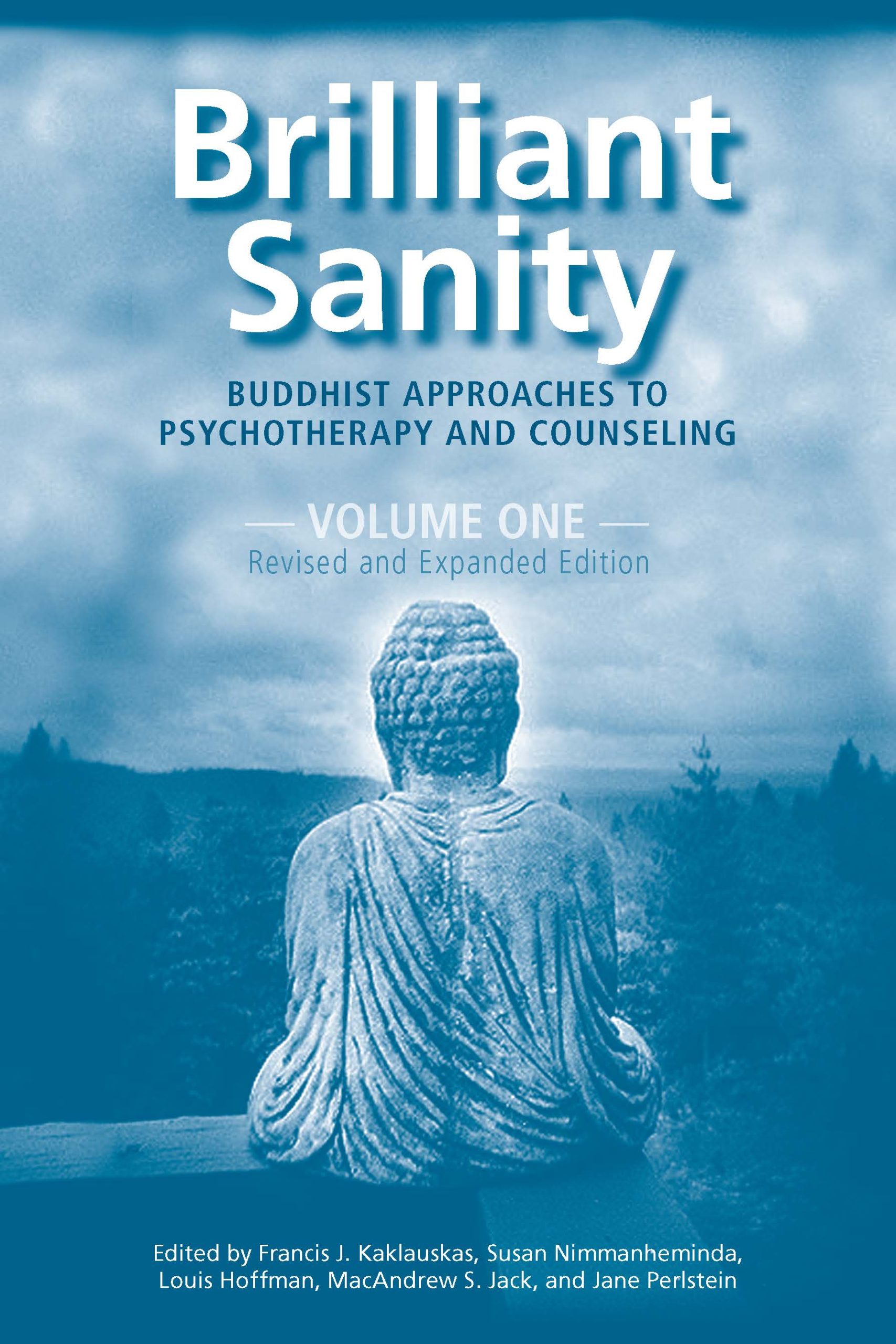
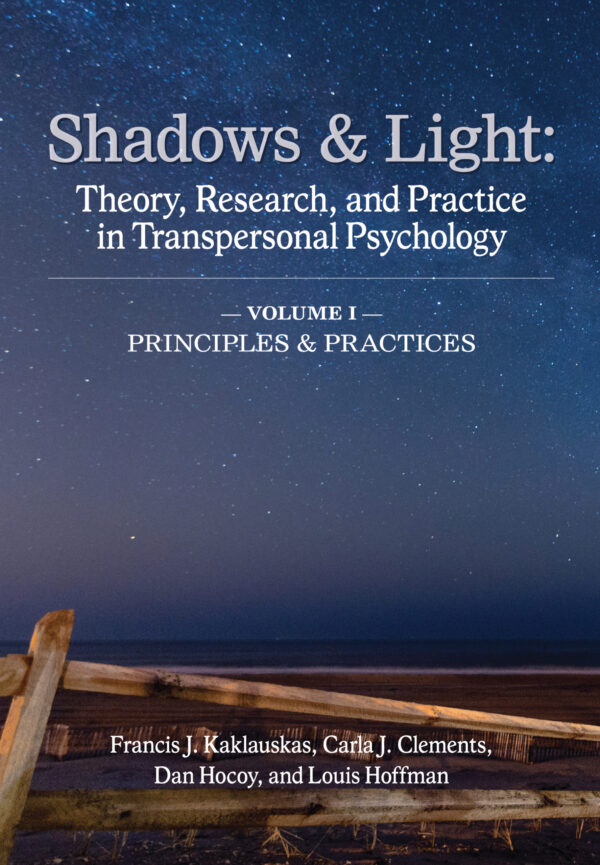
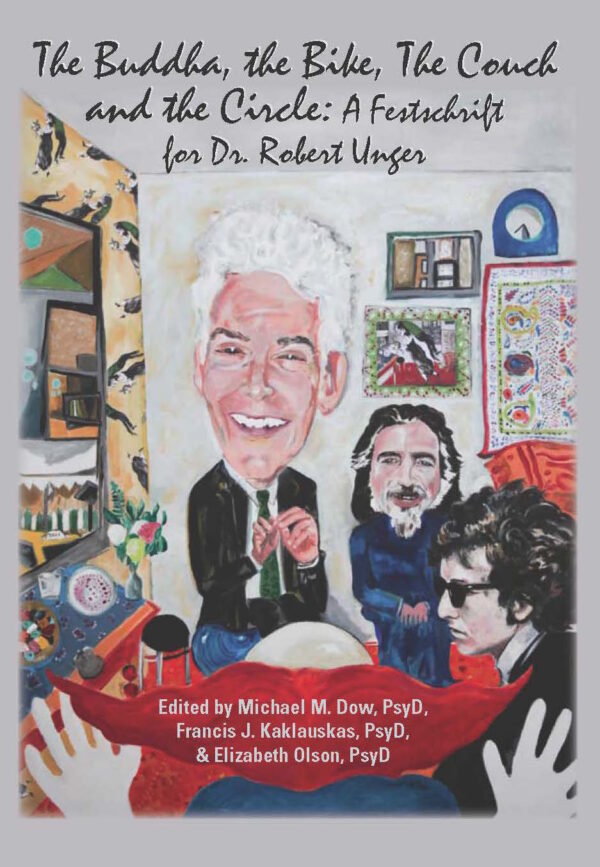
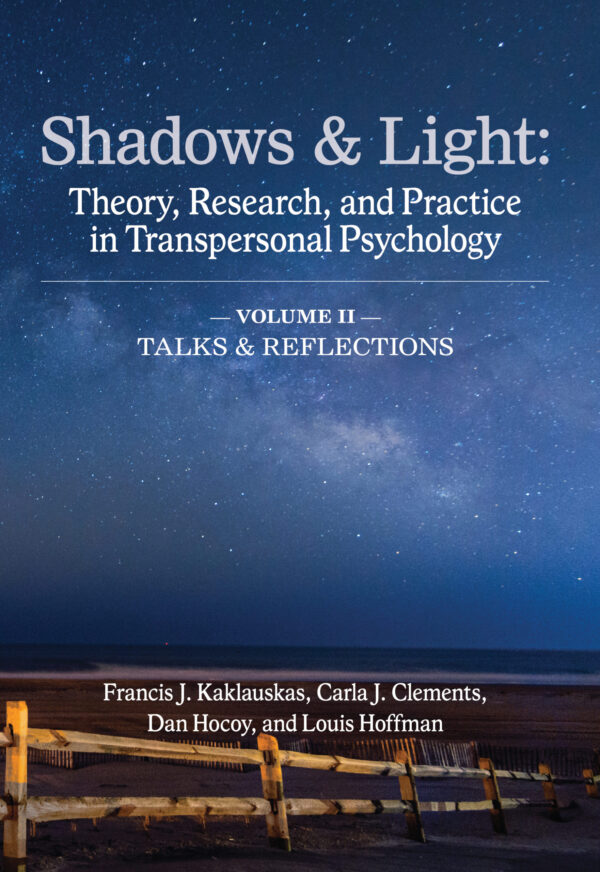
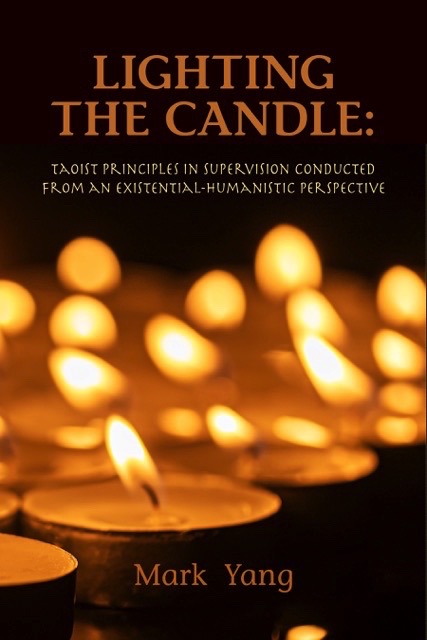
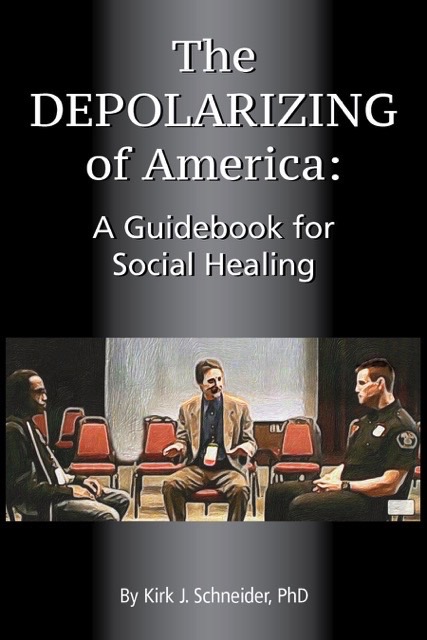
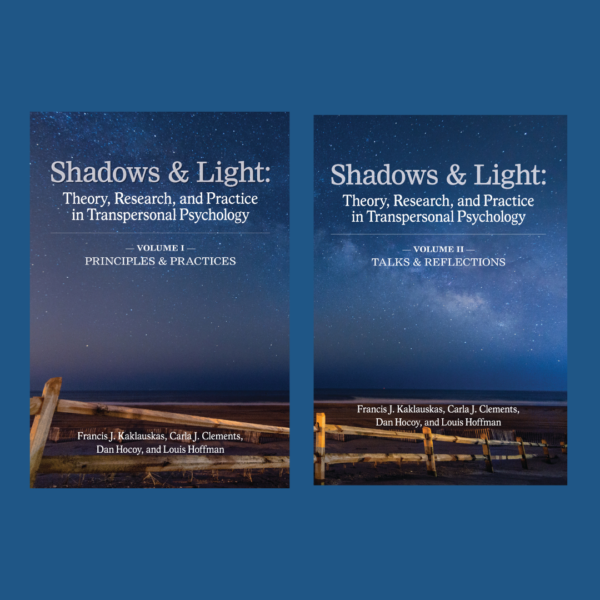


Reviews
There are no reviews yet.